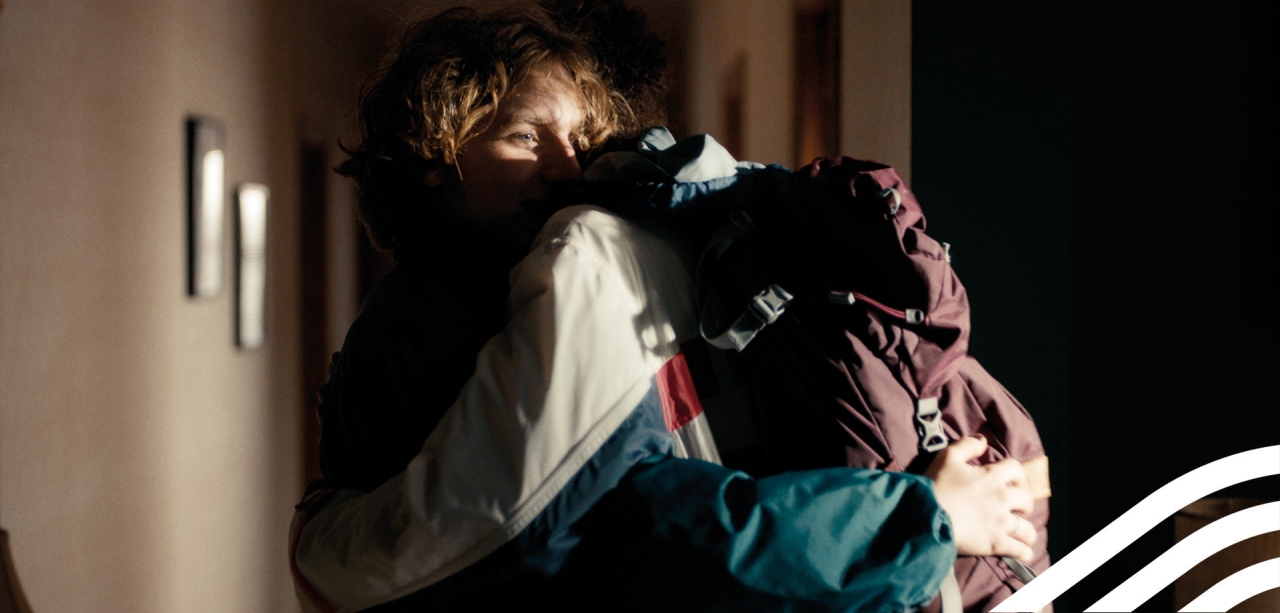Around the Digital Campfire

Around the Digital Campfire
Do we still need advertising that tells stories? Yes! A plea for the courage to be storytellers by Christoph Everke, responsible for the successful PENNY Christmas film.
Communication is becoming increasingly digitised, efficiency is key, algorithms automate offers and play the generated messages specifically where there is the greatest demand. Is there still a need for advertising that tells a story without the direct intention of selling? To answer this it may help to look at the learned and entirely analogue mechanisms of retailing. We have been trapped here for years. It is widely known that the pure offer and its communication lead not to loyalty but to short-term sales before the buyer caravan moves on to the next promotion. Nevertheless, many participate in this dangerous game because there does not appear to be any other way to succeed. Yet what is missing here is a sustainable and deeper reason for consumers to choose a brand for the longer term. A way out of this arbitrariness trap lies in a prehistoric human ability that has been pushed back bit by bit and has sometimes almost been forgotten: storytelling.
In his book ‘Sapiens: A Brief History of Humankind’, Yuval Noah Harari describes how societies have been able to develop – through storytelling. The ‘gossip around the campfire’, the stories which were handed down and became identity-shaping narratives, serve a profoundly human need and create community. We can pass stories on; we WANT to retell good stories and very good stories last for generations. They create belonging and trust. They touch us and do not let us go – quite unlike the information, data and facts that we painstakingly learn and yet forget again so quickly.
Why is it important for brands to think about storytelling right now? Because digitisation sets big traps here, but also opens up entirely new opportunities. The great trap is the illusion of simplification, of effectiveness: everything seems predictable, consumers are increasingly regarded as data pools – you must trigger them correctly with the right tool to get them to act. This disregards the fact that humans are emotional and, to a large extent, irrational beings – fortunately. Because here, at the same time, is the digital channels’ big chance. They give us back the opportunity to tell stories, to find or invent formats that allow us – beyond the 3, 6, 15 or 20 second spot – to establish relationships again, to create closeness and connection.
We can tell stories again that actually reach people, that they talk about and retell or just comment on and share. Stories that make brands close, special and distinctive. The example of our client, the discount supermarket chain PENNY, among others, shows that this can work. With their Christmas stories every year PENNY demonstrate the effect good storytelling can have. Until Christmas the film was viewed more than 14 million times on YouTube alone and commented on more than 5,000 times. It takes courage to dispense with the usual offer and instead tell a story that moves people. Courage to break media rules and to bet not on seconds but on minutes. Courage to commit to an issue, an attitude, a story and not to employ superficial advertising cliches. But this courage is rewarded by pride in my employer or my own supermarket which I feel I belong to all the more as we now have a shared story that creates an emotional connection, that I can retell and that lasts longer than the coffee for 3.49 euros (which has, by the way, still kept its advertising space but just in a different place).
Let’s tell more stories – stories around the campfire – whether it crackles offline or online is really not that important now. Let’s tell stories because we are people and love stories – short stories, fairy tales, anecdotes, touching, joyful, real dramas, stories that move all of us, that mean something to us and therefore also give meaning to a brand. Because, in the end, that’s what advertising should do.
Author: Christoph Everke, Managing Partner Serviceplan Campaign